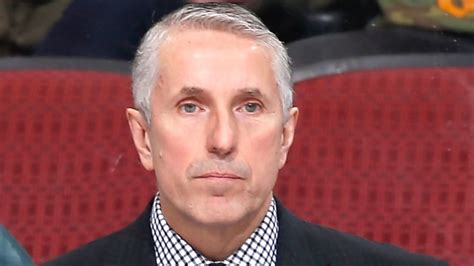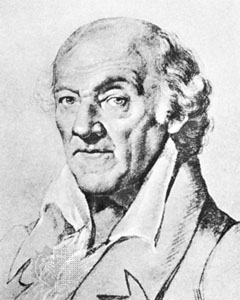A Quote by Gustave Flaubert
One must always hope when one is desperate, and doubt when one hopes.
Related Quotes
The deeper our faith, the more doubt we must endure; the deeper our hope, the more prone we are to despair; the deeper our love, the more pain its loss will bring: these are a few of the paradoxes we must hold as human beings. If we refuse to hold them in the hopes of living without doubt, despair, and pain, we also find ourselves living without faith, hope, and love.
In a recent dream, God revealed to me a door leading us into four new hopes that will prepare us to be like those who were healed and strengthened in hope and able to stand when the lightning bolt hit. We deal with these fissures of hopelessness by stepping into these new hopes. The four new hopes that I saw the Lord giving us in this time are: Hope for the Unseen, Hope Against Hope, Carefree Hope, and Childlike Hope.
Do you call it doubting to write down on a piece of paper that you doubt? If so, doubt has nothing to do with any serious business. But do not make believe; if pedantry has not eaten all the reality out of you, recognize, as you must, that there is much that you do not doubt, in the least. Now that which you do not at all doubt, you must and do regard as infallible, absolute truth.
We must be fully committed, but we must also be aware at the same time that we might possibly be wrong. People who claim to be absolutely convinced that their stand is the only right one...is a dead giveaway of unconscious doubt. Commitment is healthiest when it is not without doubt, but in spite of doubt.
True hope is based on the energy of character. A strong mind always hopes, and has always cause to hope, because it knows the mutability of human affairs, and how slight a circumstance may change the whole course of events. Such a spirit, too, rests upon itself; it is not confined to partial views or to one particular object. And if at last all should be lost, it has saved itself.
So to be sick unto death is, not to be able to die-yet not as though there were hope of life; no, the hopelessness in this case is that even the last hope, death, is not available. When death is the greatest danger, one hopes for life; but when one becomes acquainted with an even more dreadful danger, one hopes for death. So when the danger is so great that death has become one's hope, despair is the disconsolateness of not being able to die.





































